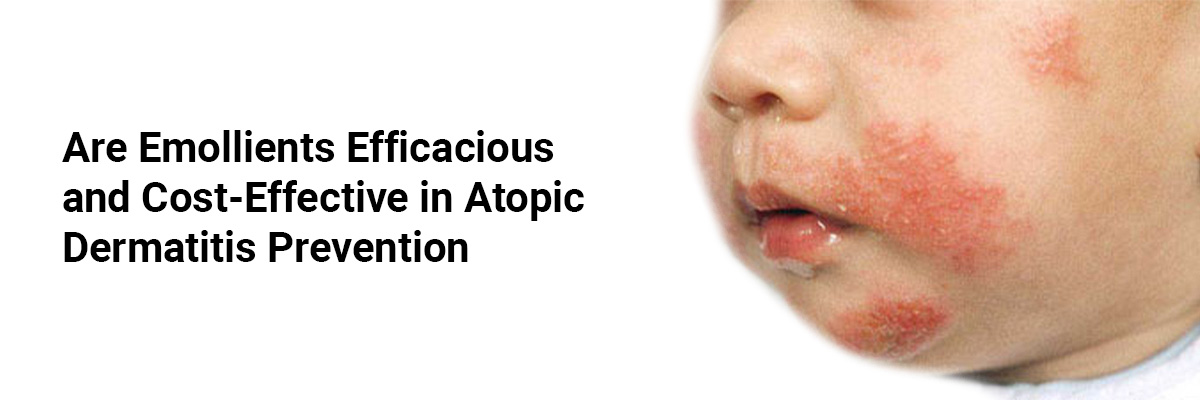
Are Emollients Efficacious and Cost-Effective in Atopic Dermatitis Prevention
Atopic dermatitis (AD) is a chronic and itchy skin condition that affects about 43 million children aged 1-4 years. Emollients are commonly used to manage AD symptoms, with some evidence suggesting they may help prevent AD in high-risk children.
A recent systematic review and literature analysis reviewed randomized clinical trials (RCTs) published in the last five years in Cochrane Library, PubMed, and Medline databases.
Overall, 11 RCTs met the inclusion criteria, with 6 showing no preventive effect of emollients in high-risk newborns. The findings suggested that although emollients are generally safe and non-irritating for sensitive infant skin, the evidence on their preventive role in AD remains inconclusive. Emollients may have some benefits in predisposed populations, but the high costs relative to regular skincare justifies further research – particularly in non-predisposed children.
Emollients can potentially delay AD onset, reduce corticosteroid use, and improve quality of life, but more extensive studies are needed to clarify their effectiveness. Differences in emollient ingredients complicate identifying the most beneficial formulation for AD prevention. Further investigation is required to explore AD risk factors and compare emollient compositions to guide more effective prevention strategies.
Source: Grześk-Kaczyńska M, Petrus-Halicka J, Kaczyński S, et al. Journal of Clinical Medicine. 2024 Feb 1;13(3):863.














Please login to comment on this article